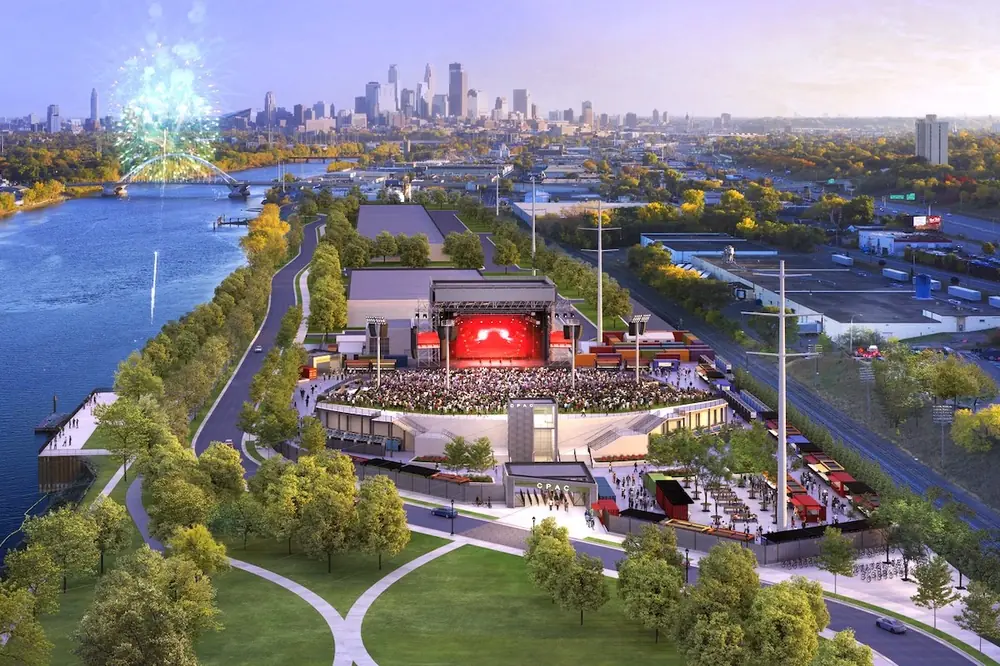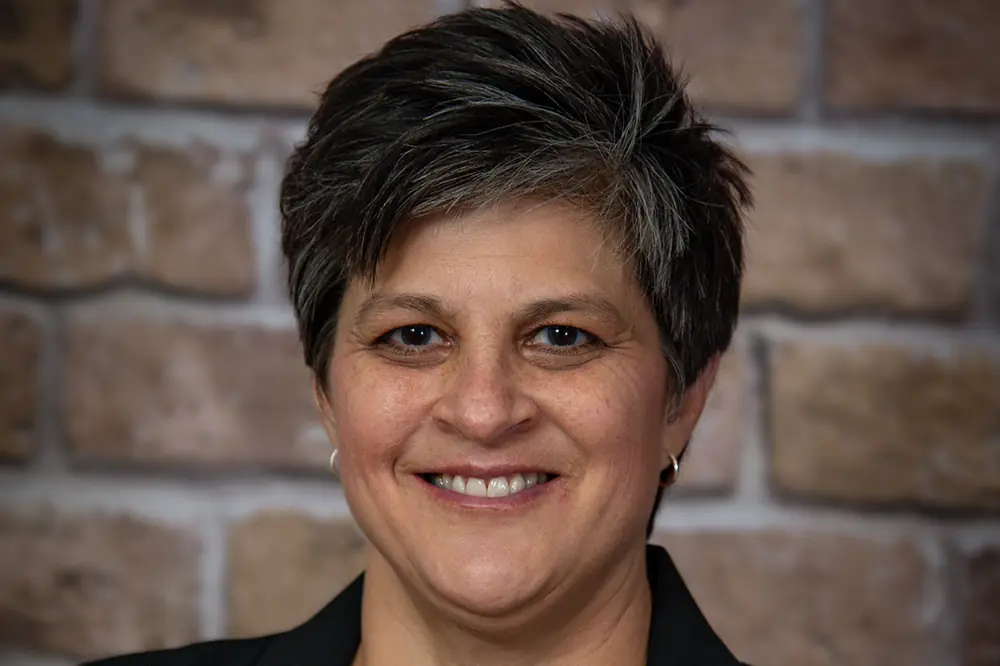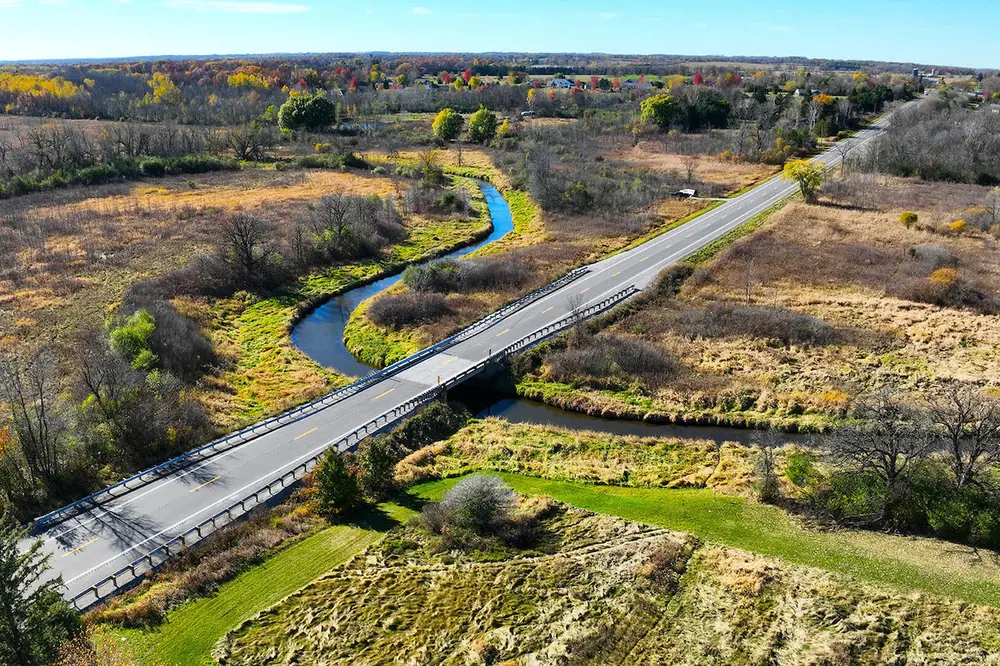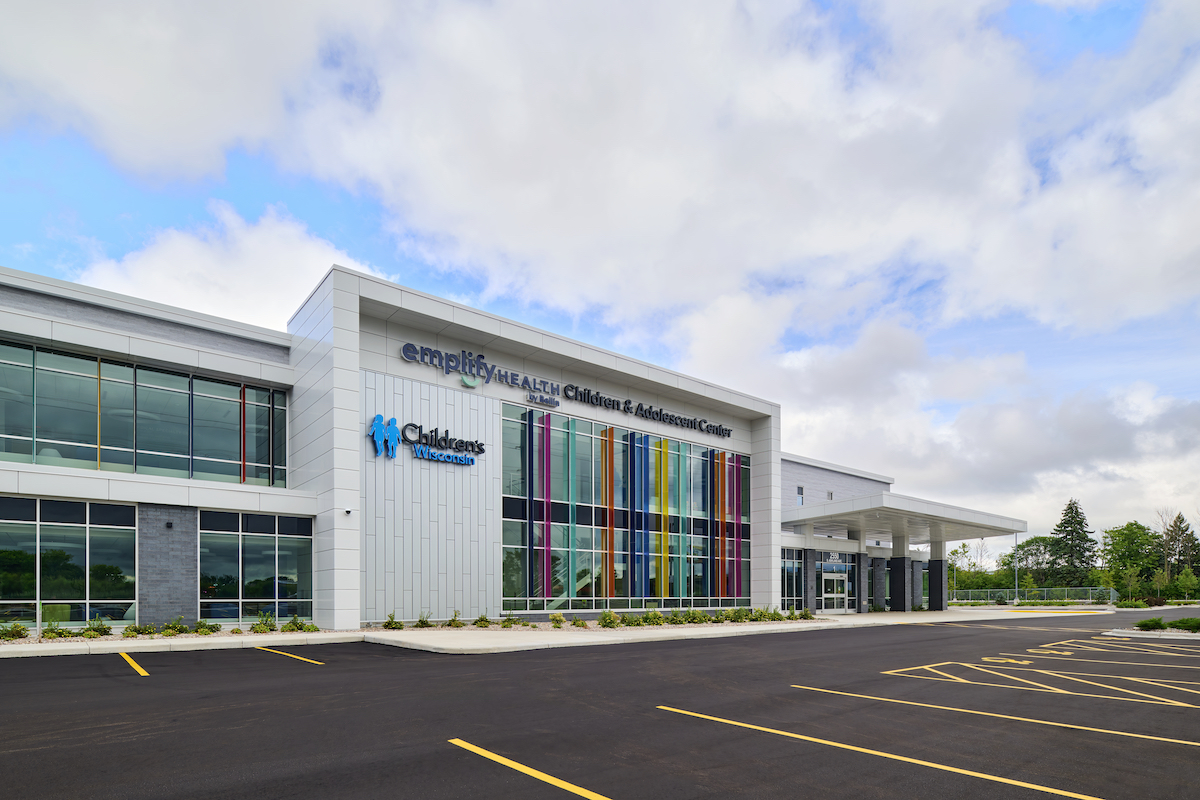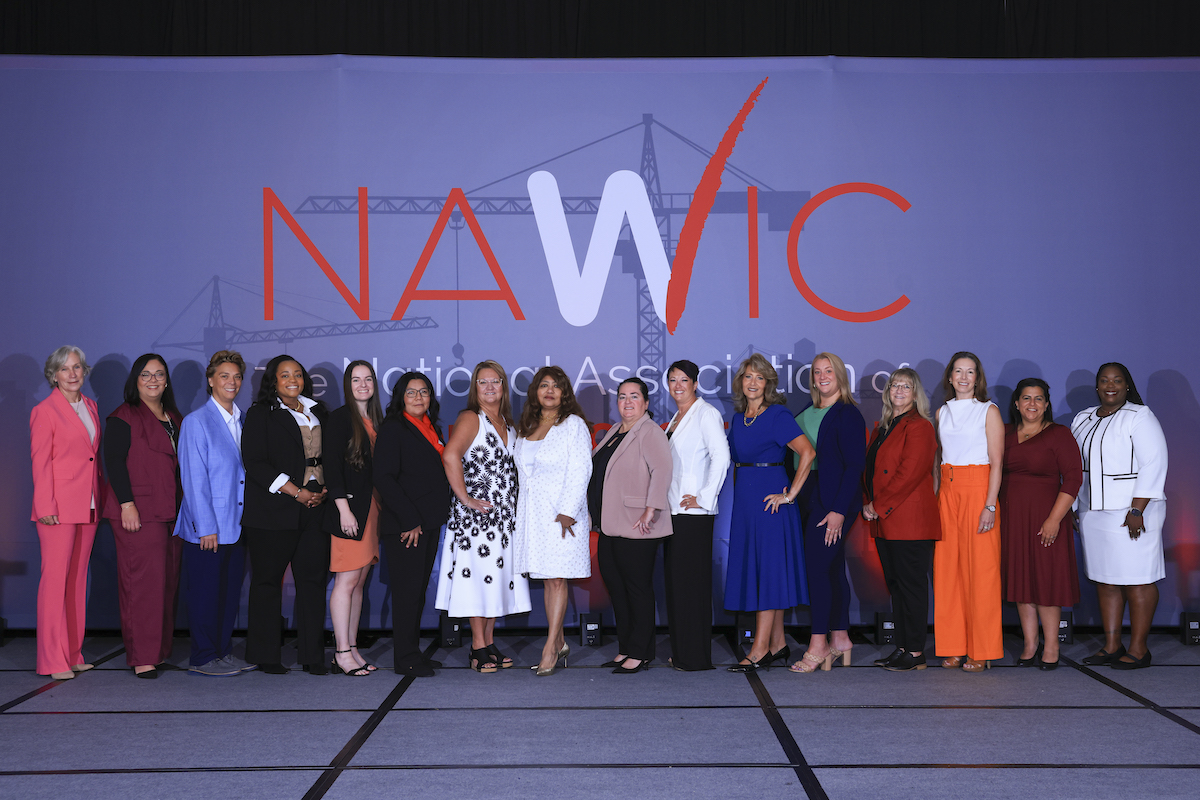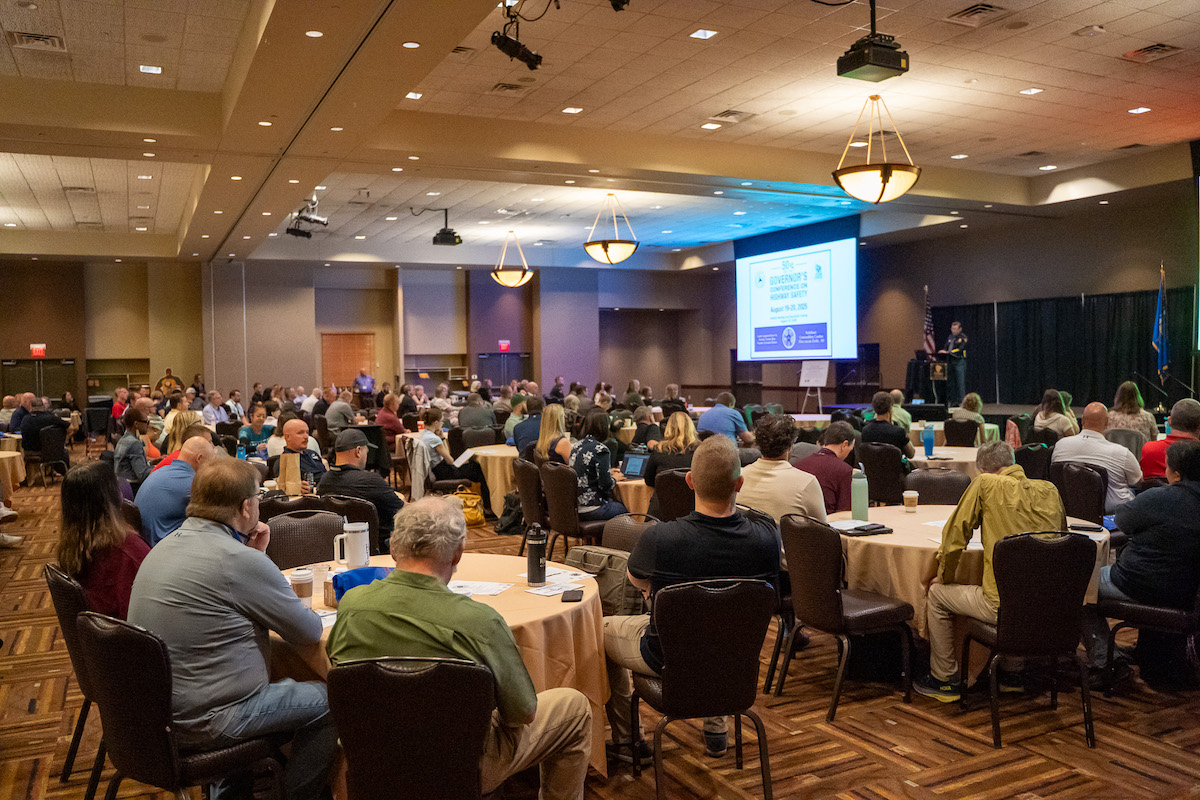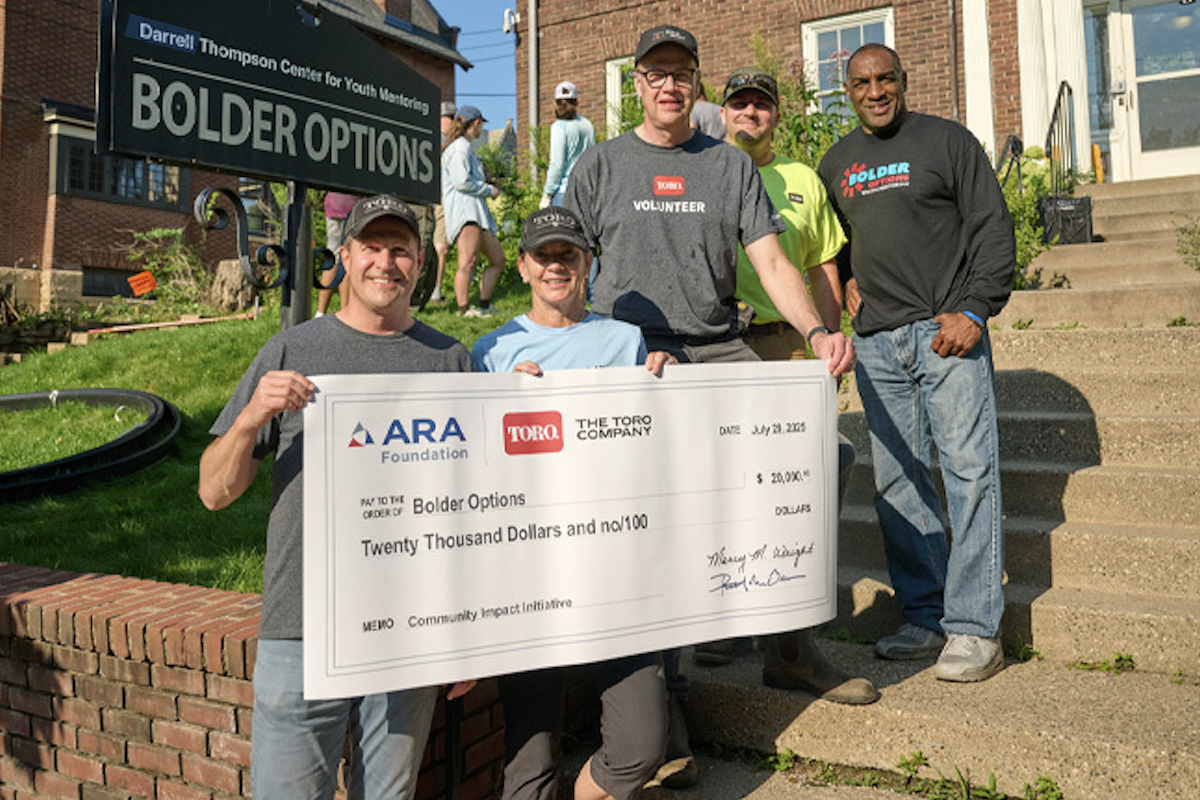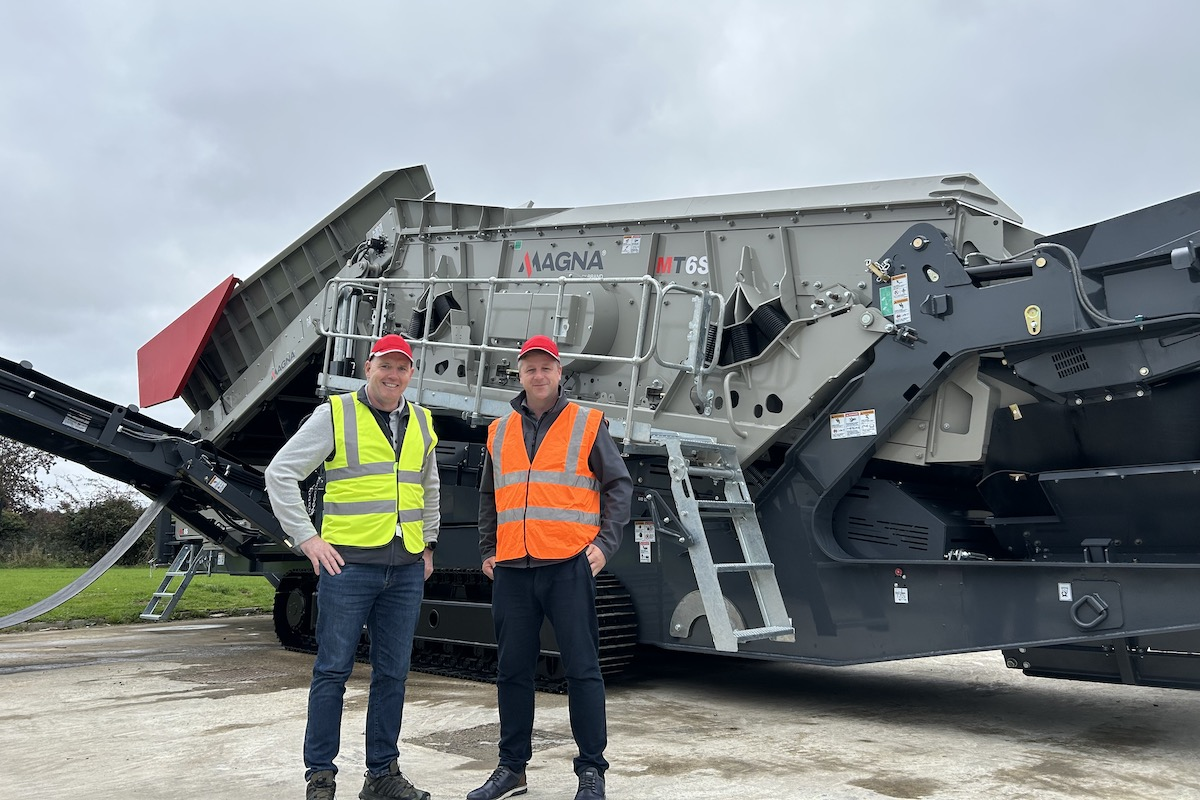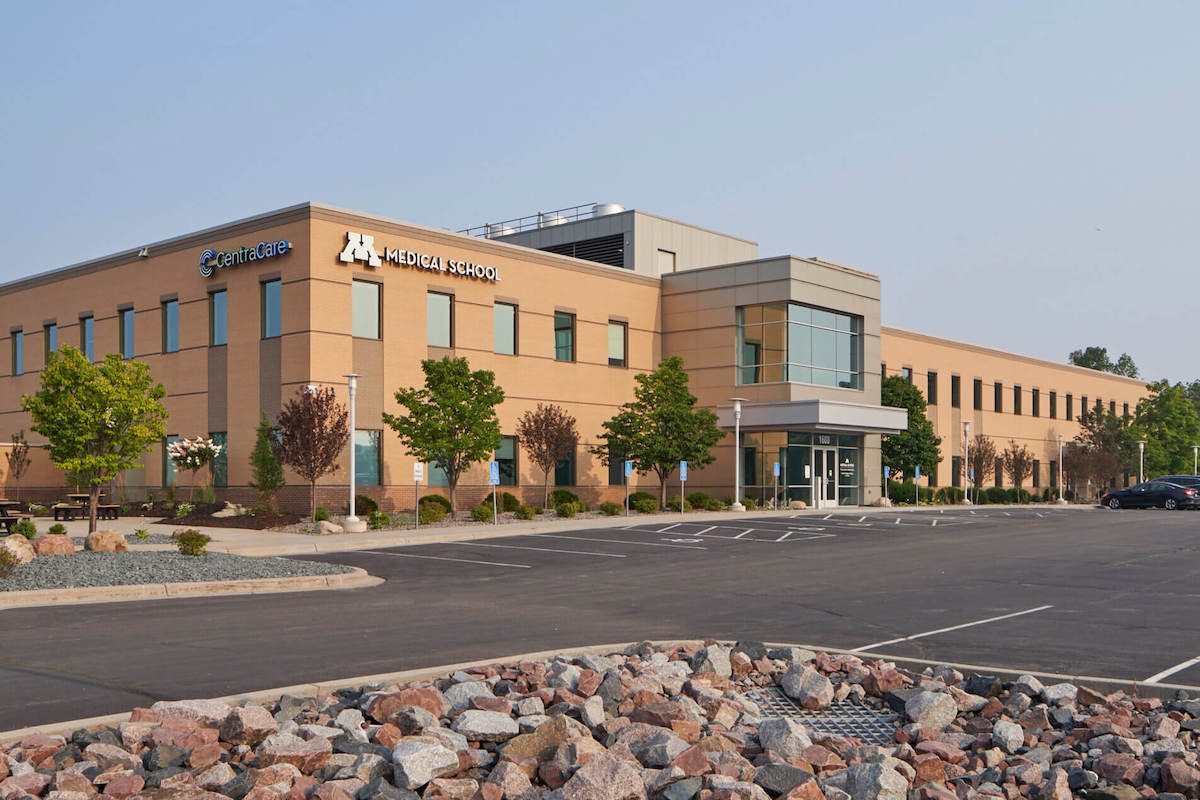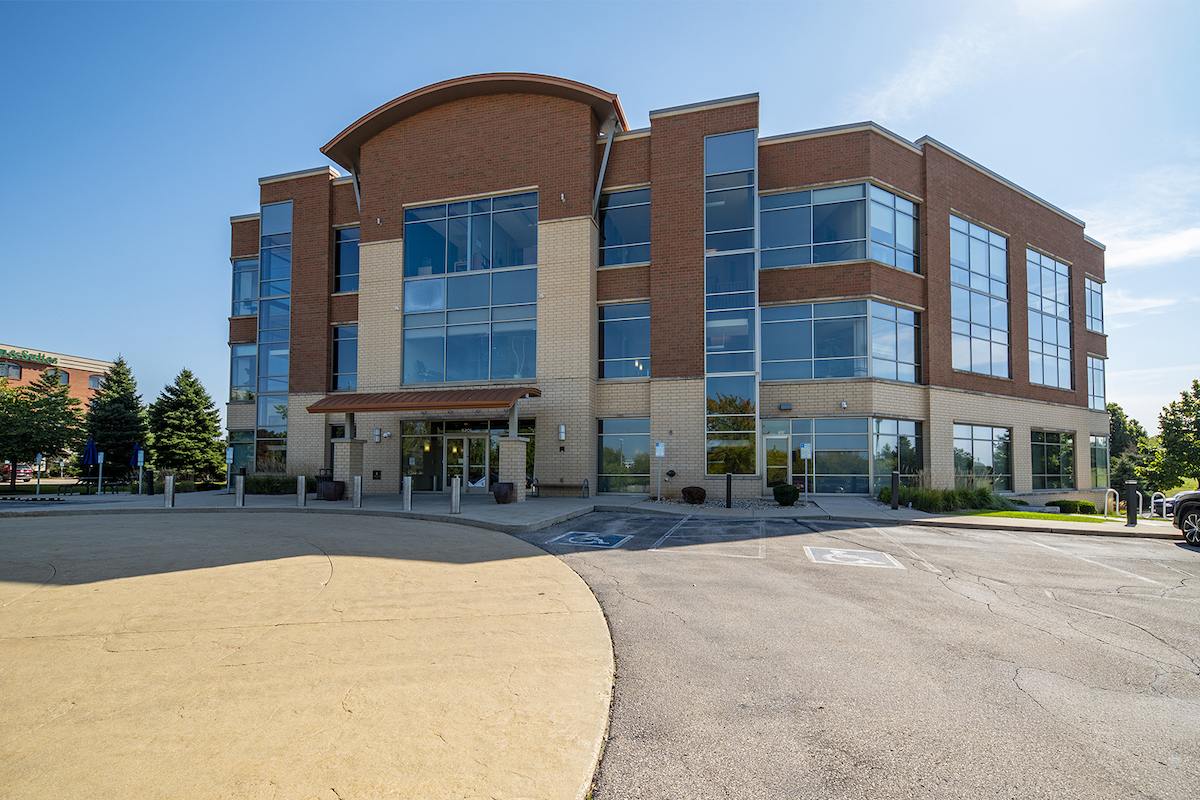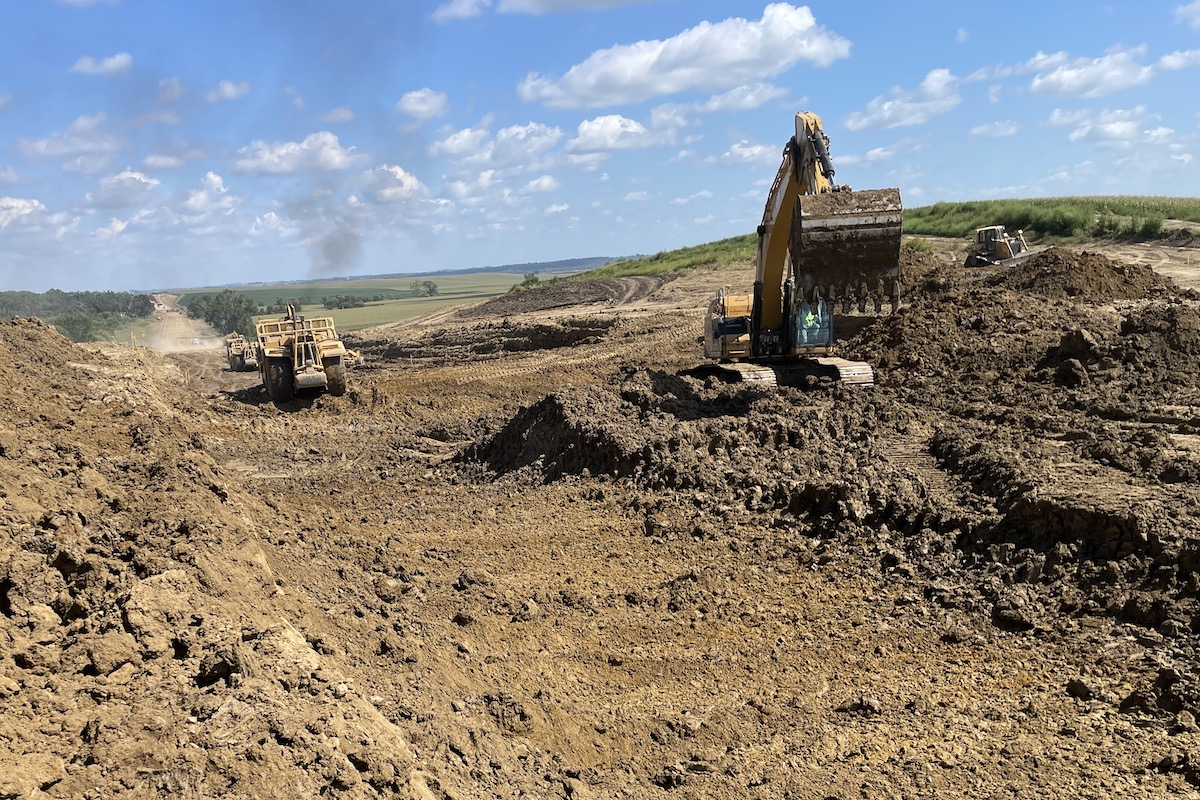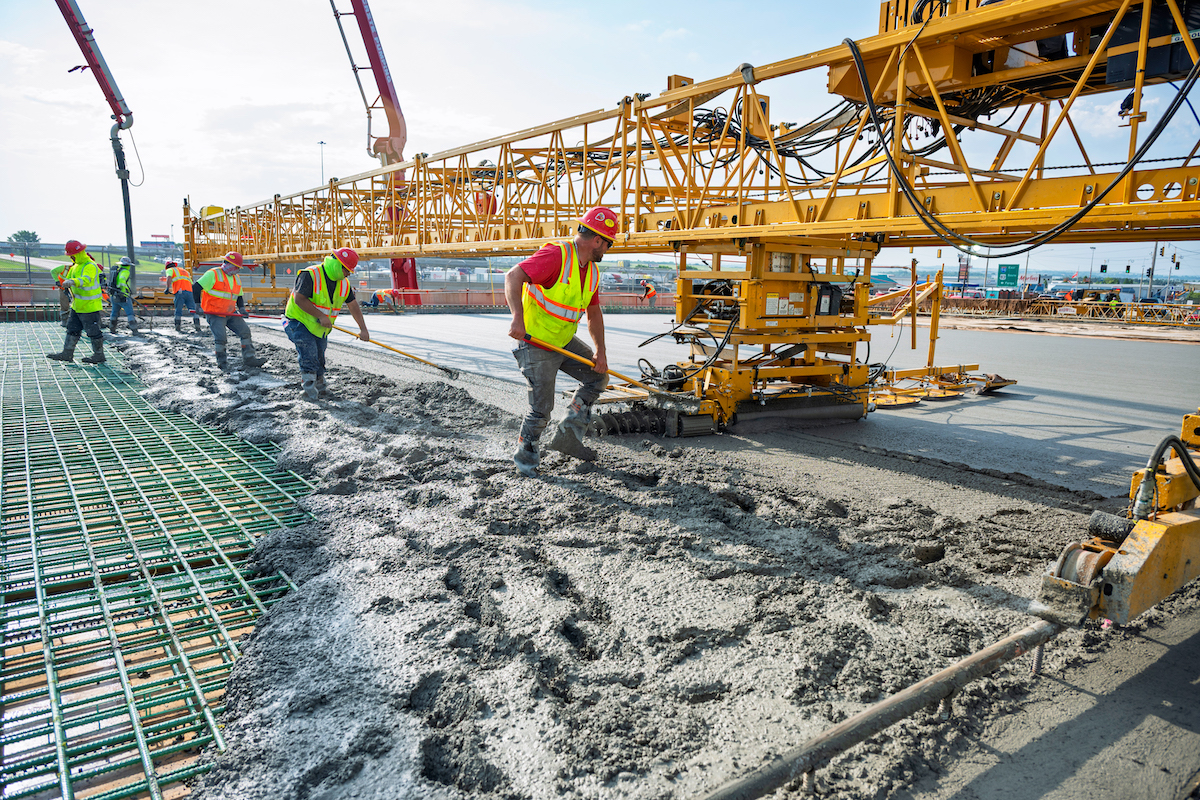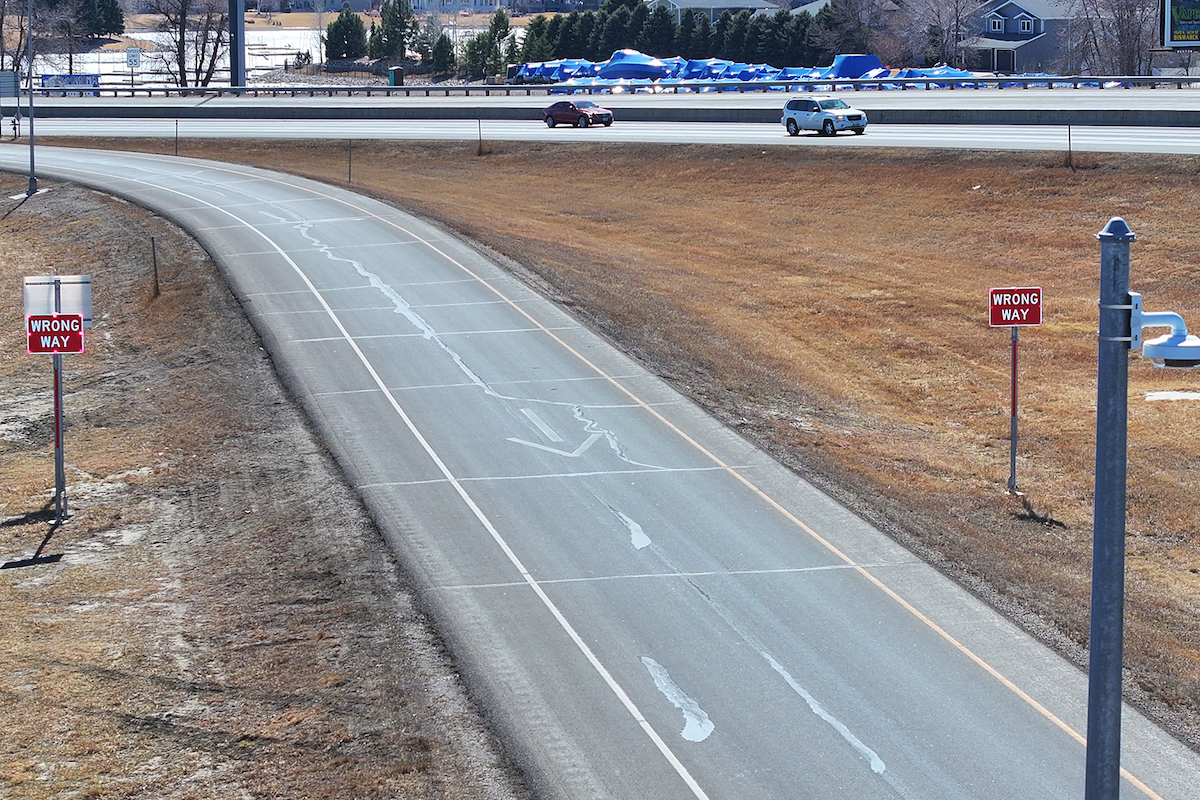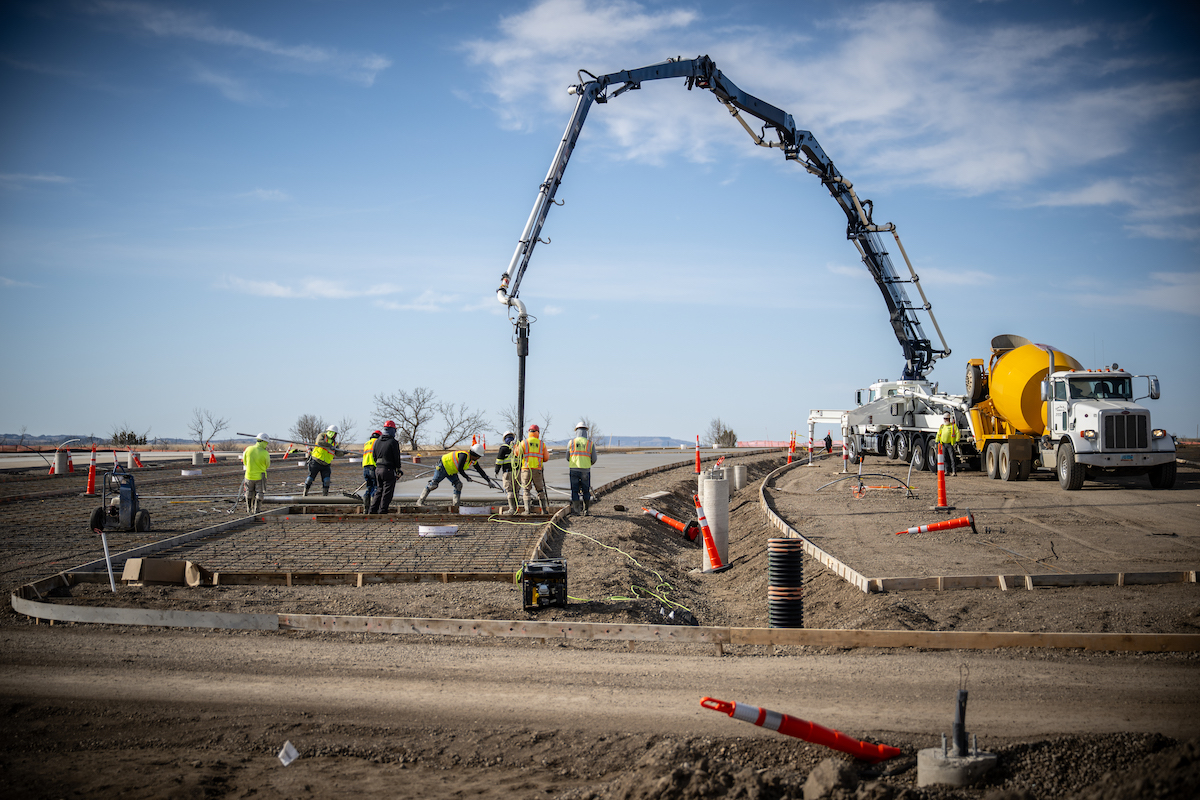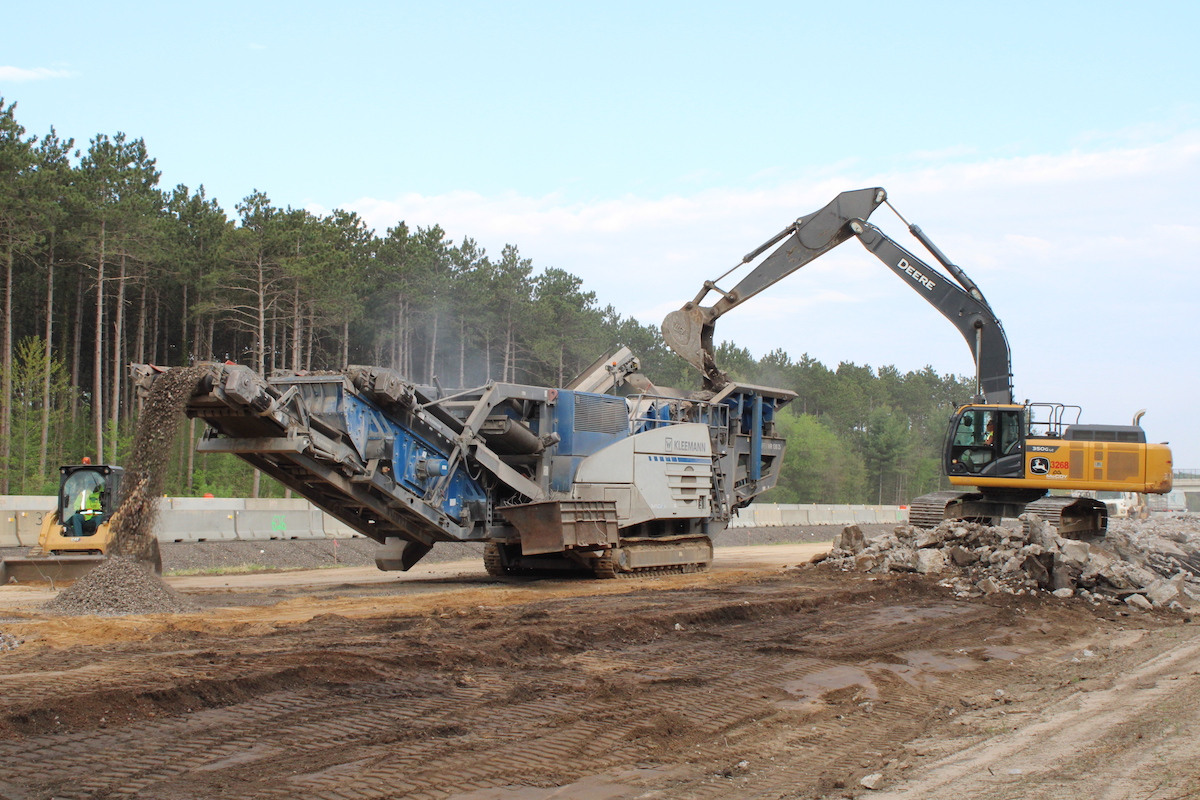Ashland’s Downtown Streetscape project has been in planning for years, and is strongly supported by residents, according to Herbert, who credits a thorough community engagement process. The town engaged Boston-based consultants BSC Group to design the improvements for the downtown area, which covers Main Street and Front Street. Subsequently, the town awarded the prime contract to P. Gioioso & Sons, Inc. of Boston, Massachusetts, while Charles Construction of North Andover, Massachusetts, is subcontractor for utility conduit installation.
Other key subcontractors include:
- Tango Construction – Fitchburg, Massachusetts – for manhole frame leveling and modifications
- Pineridge Construction, Pittsfield, Massachusetts
- Clean Basins – North Billerica, Massachusetts – for mast arm installation. Mast Arm refers to the horizontal arm that attaches the light fixture or traffic signal fixtures to the streetlight pole or traffic signal pole.
BSC Group is providing engineering during construction, with William Paille, P.E. as Project Manager and Matthew Ciminella as Resident Engineer.
The scope of work for the $9.3 million project contract is exceptionally broad – about 170 bid items. In general, it calls for activities such as upgrading traffic signals, sidewalks, and crosswalks; milling and resurfacing street pavement; furnishing and installing trees and ornamental streetlights, placing underground all existing and new utilities (electric, cable, fiber, and others), and removing the utility poles.

| Your local Trimble Construction Division dealer |
|---|
| SITECH Dakotas c/o Butler Machinery |
| Fabick CAT/WI |
| SITECH Dakotas c/o Butler Machinery |
| SITECH Northwest |
| SITECH Mid-America |
Relocating all currently overhead utilities underground as required by the contract is no easy task, since the downtown area already incorporates underground water, sewer, and stormwater lines. Ashland’s Department of Public Works, under the supervision of Small, maintains these systems throughout town. Water utilities within the project limits consist of a 6-inch ductile iron pipe (DI) on Main Street and a 6- to 10-inch DI system on Front Street, and accessory gate valves, shutoffs, and hydrants.
DPW’s purview extends over an 8- to 12-inch DI and reinforced concrete sewer pipe (RCP) on Main Street, and a 12-inch RCP sanitary sewer system along Front Street. In addition, there is a sizeable stormwater system comprised of catch basin and drop inlet drainage structures located downtown that are connected to drain manholes in the street by 12- to 24-inch RCP or DI or HDPE (high density plastic) pipe.
Added to the complexity of DPW-maintained pipe, Eversource Gas owns and maintains 4-inch natural gas mains on both Main Street and Front Street. Furthermore, there are several commercial TV service cables in the project area.
And as a final hurdle, there is an existing fiber-optic communication system along Main Street consisting of three concrete vaults connected by multiple 3-1/2 to 4- inch diameter, schedule 40 polyvinyl conduit.
Fortunately, designing an underground route for relocated overhead utilities was eased by the fact the installed water and stormwater lines are approximately 5 feet deep while sanitary sewer lines are about 14 feet below grade. This leaves a sizeable gap for snaking relocated utilities and staying within the public right-of-way.

| Your local Gomaco dealer |
|---|
| Hayden-Murphy Equipment Co |
| Gomaco -Contact For a Dealer Near You |
But arguably the most difficult utility path is that which traverses the railroad tracks at the Main Street grade crossing. The existing overhead electrical connection across the MBTA tracks cannot be interrupted – the system must cross the tracks below ground. The MBTA operates commuter rail service on these tracks for the Worcester/Framingham line that runs between Worcester Union Station and Boston South Station. This service operates with high frequency and maximum speeds of 80 mph.
Trains pass through the grade crossing at Main Street in Ashland about 30 times in a 15-hour weekday. At the time of this report, engineers were working on a solution for this conundrum.
Major Streetscape construction began in spring 2021. However, this was preceded by two separate projects in the downtown area, according to Small.
“Prior to the Streetscape and Utility Undergrounding Project, the town hired Biszko Companies of Fall River, Massachusetts, to line 1,800 linear feet of water main in Main Street. This would give us a high level of assurance that after we put a new road in, we would not experience a water main break,” Small said. He noted that the town paid $400,000, excluding engineering, for the lining.
They also replaced the existing water main on Summer Street that is part of the Downtown Streetscape limits. This project cost the town approximately $630,000, including engineering and design. A. Vozzella & Sons of Fall River, Massachusetts, performed this work.

| Your local Volvo Construction Equipment dealer |
|---|
| Nuss Truck & Equipment |
| Nuss Truck & Equipment |
Small pointed out the different phases of the Streetscape improvements:
Typically, construction of the infrastructure during Phase One follows this sequence:
- Drainage upgrade
- Trench excavation for conduit installation. A total of 21,850 linear feet of trench for 4- and 5-inch conduit is being excavated.
- Conduit embedment in concrete (if applicable)
- Placement of curb
- Driveways, walks (ADA) construction
- Landscape construction (trees, etc.)
- Final paving, markings, and signs
While each utility company is responsible for the coordination, design and installation of their own equipment and infrastructure within the public right-of-way, each is also responsible for removing their respective overhead lines from utility poles and the buildings they service, once the new underground system is operational. Typically, the owner of the utility pole removes the pole but some agreements between the owner of the utility pole and the other carriers allow the last utility to remove the pole, so the owner does not have to visit the site twice.
Owned and maintained by the Massachusetts Department of Transportation (MassDOT), Route 126 is part of the National Highway System (NHS) and is classified as an urban principal artery. This category of roadway serves major centers of activity of a metropolitan area, are the highest traffic volume corridors and carry a high proportion of the total urban area travel on minimum mileage. The two‐lane, two‐way section of Route 126 in Ashland meets the criteria in terms of traffic counts – it experiences average daily traffic ranging between 17,730 vehicles in the north to 12,100 in the south – but it fails to meet expectations for aesthetics, amenities, and safety.
For example, the road’s overall width is markedly inconsistent, ranging between 35 and 45 feet, and up to 58 feet at intersections – and its existing travel lanes weave between 12 and 14 feet wide. What’s more, the highway’s shoulders are a stingy 2 to 5 feet wide. Not surprisingly, the Route 126 corridor experiences an above-average crash rate compared to the statewide average, and it has substandard bicycle and pedestrian infrastructure, according to the Massachusetts Environmental Notification Form.

| Your local Komatsu America Corp dealer |
|---|
| Road Machinery and Supplies Company |
| Road Machinery and Supplies Company |
To rectify these shortcomings, MassDOT proposed the Route 126 (Pond Street) Highway Reconstruction project, which includes full-depth pavement reconstruction and roadway widening to address safety, operational, and multimodal deficiencies and provides a consistent roadway cross-section, includes accessible sidewalks, designated bicycle lanes, and improves intersection geometry. It also calls for wheelchair ramps in compliance with the Americans with Disabilities Act (ADA).
Northern Construction LLC of Palmer, Massachusetts, was awarded the contract, which is estimated to cost $19,.6 million. The town is paying $1.2 million, and the remainder is funded by the Massachusetts Transportation Improvement Program (TIP). The MassDOT Area Construction Engineer is Scott Kallin, while Dominique Dies is Resident Engineer for the State. Jeffrey Herz, P.E., is Project Manager for the General Contractor.
“The Massachusetts Department of Transportation broke ground on the Route 126 Pond Street project in February 2021,” said Small. “We expect this project to take at least two years to complete. Eversource Gas has been working on replacing the gas main on Pond Street for the last year or so. Combine the road construction job with the gas job and we are looking at a minimum of three years from start to finish…The revitalization of Pond Street is designed to have positive economic, developmental and regional impact and will certainly revive this section of town tremendously.”

















